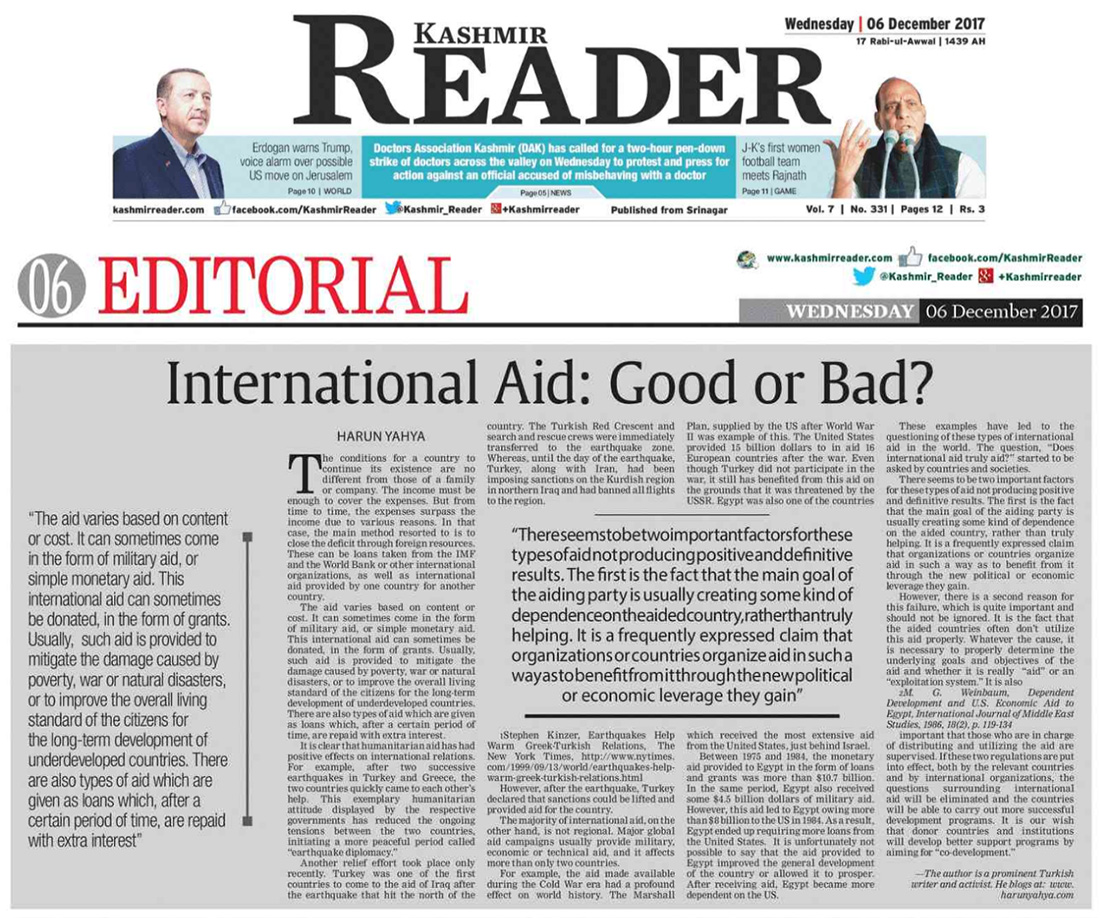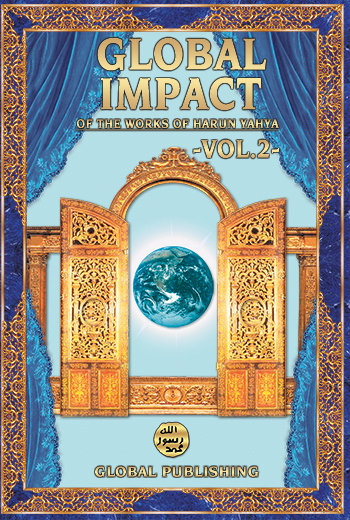Bigotry: The Dark Danger
International Aid: Good or Bad?

The conditions for a country to continue its existence are no different from those of a family or company. The income must be enough to cover the expenses. But from time to time, the expenses surpass the income due to various reasons. In that case, the main method resorted to is to close the deficit through foreign resources. These can be loans taken from the IMF and the World Bank or other international organizations, as well as international aid provided by one country for another country.
The aid varies based on content or cost. It can sometimes come in the form of military aid, or simple monetary aid. This international aid can sometimes be donated, in the form of grants. Usually, such aid is provided to mitigate the damage caused by poverty, war or natural disasters, or to improve the overall living standard of the citizens for the long-term development of underdeveloped countries. There are also types of aid which are given as loans which, after a certain period of time, are repaid with extra interest.
It is clear that humanitarian aid has had positive effects on international relations. For example, after two successive earthquakes in Turkey and Greece, the two countries quickly came to each other’s help. This exemplary humanitarian attitude displayed by the respective governments has reduced the ongoing tensions between the two countries, initiating a more peaceful period called “earthquake diplomacy.” (Stephen Kinzer, Earthquakes Help Warm Greek-Turkish Relations, The New York Times, http://www.nytimes.com/1999/09/13/world/earthquakes-help-warm-greek-turkish-relations.html)
Another relief effort took place only recently. Turkey was one of the first countries to come to the aid of Iraq after the earthquake that hit the north of the country. The Turkish Red Crescent and search and rescue crews were immediately transferred to the earthquake zone. Whereas, until the day of the earthquake, Turkey, along with Iran, had been imposing sanctions on the Kurdish region in northern Iraq and had banned all flights to the region.
However, after the earthquake, Turkey declared that sanctions could be lifted and provided aid for the country.
The majority of international aid, on the other hand, is not regional. Major global aid campaigns usually provide military, economic or technical aid, and it affects more than only two countries.
For example, the aid made available during the Cold War era had a profound effect on world history. The Marshall Plan, supplied by the US after World War II was example of this. The United States provided 15 billion dollars to in aid 16 European countries after the war. Even though Turkey did not participate in the war, it still has benefited from this aid on the grounds that it was threatened by the USSR. Egypt was also one of the countries which received the most extensive aid from the United States, just behind Israel.
Between 1975 and 1984, the monetary aid provided to Egypt in the form of loans and grants was more than $10.7 billion. In the same period, Egypt also received some $4.5 billion dollars of military aid. However, this aid led to Egypt owing more than $8 billion to the US in 1984. (2M. G. Weinbaum, Dependent Development and U.S. Economic Aid to Egypt, International Journal of Middle East Studies, 1986, 18(2), p. 119-134) As a result, Egypt ended up requiring more loans from the United States. It is unfortunately not possible to say that the aid provided to Egypt improved the general development of the country or allowed it to prosper. After receiving aid, Egypt became more dependent on the US.
These examples have led to the questioning of these types of international aid in the world. The question, “Does international aid truly aid?” started to be asked by countries and societies.
There seems to be two important factors for these types of aid not producing positive and definitive results. The first is the fact that the main goal of the aiding party is usually creating some kind of dependence on the aided country, rather than truly helping. It is a frequently expressed claim that organizations or countries organize aid in such a way as to benefit from it through the new political or economic leverage they gain.
However, there is a second reason for this failure, which is quite important and should not be ignored. It is the fact that the aided countries often don’t utilize this aid properly. Whatever the cause, it is necessary to properly determine the underlying goals and objectives of the aid and whether it is really “aid” or an “exploitation system.”
It is also important that those who are in charge of distributing and utilizing the aid are supervised. If these two regulations are put into effect, both by the relevant countries and by international organizations, the questions surrounding international aid will be eliminated and the countries will be able to carry out more successful development programs. It is our wish that donor countries and institutions will develop better support programs by aiming for “co-development.”
Adnan Oktar's piece in Kashmir Reader (India):
https://kashmirreader.com/2017/12/06/international-aid-good-or-bad/
2017-12-07 22:14:25






